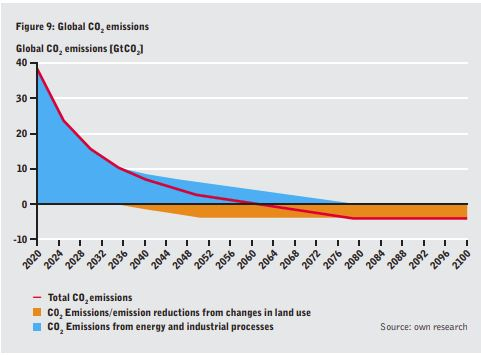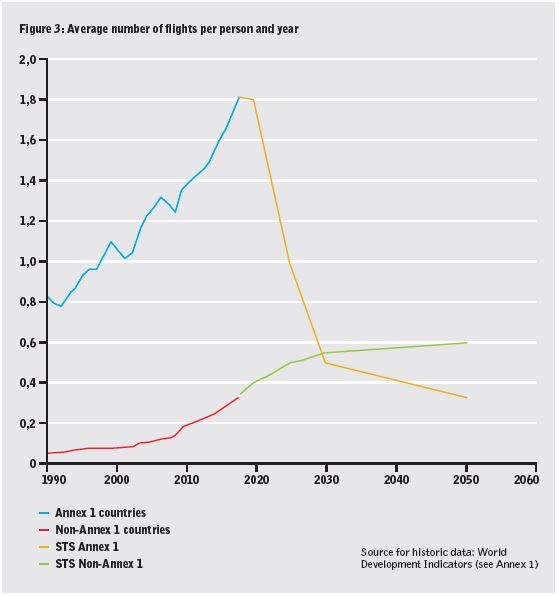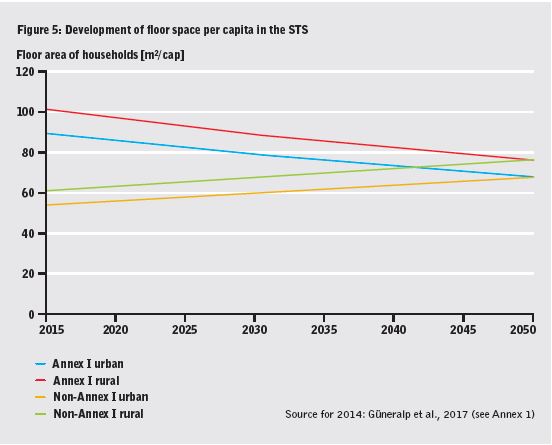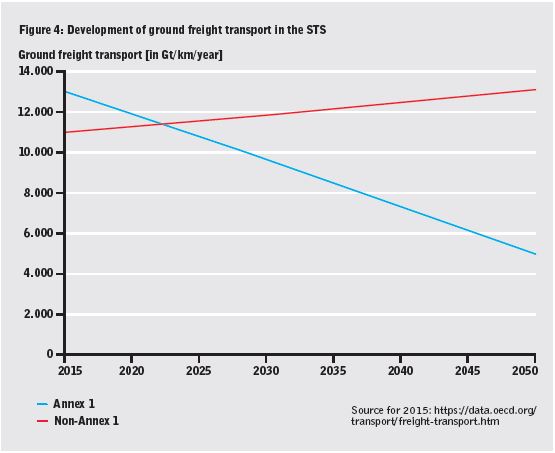
Here's more on the new mitigation scenario for 1.5C. How does it work? What would society look like? Are we willing to do what's required to stop climate breakdown? See thread. 

1. Most models assume we need to keep growing the economy indefinitely. The problem is this makes it impossible to transition to zero emissions quickly enough; so they speculate on geoengineering and negative-emissions technologies to save us. Scientists reject this as too risky.
2. By contrast, this scenario proposes that high-income countries don't *need* more growth, and can scale down unnecessary production and consumption. This reduces energy demand (from 140 EJ in 2020 to 40 EJ in 2050), and enables a rapid transition to renewable energy.
3. What does it require? In the global North (Annex 1 countries)
•a shift from private cars to public transportation
•reduction in flights
•smaller average house size
Meanwhile, consumption in the global South (non-Annex 1 countries) rises to converge.

•a shift from private cars to public transportation
•reduction in flights
•smaller average house size
Meanwhile, consumption in the global South (non-Annex 1 countries) rises to converge.


4. Significant reduction of aggregate material use. How? Longer product lifespans; regionalization of production and consumption; ban on advertising; a shift in taxes from labour to resources. All of this allows us to reduce ground freight, which cuts energy use. 

5. Food:
•Meat consumption in high-income nations falls by about two-thirds (with specific focus on beef).
•Significant reduction in food waste.
•Global transition from industrial farming to regenerative agricultural methods to restore soils and biodiversity.
•Meat consumption in high-income nations falls by about two-thirds (with specific focus on beef).
•Significant reduction in food waste.
•Global transition from industrial farming to regenerative agricultural methods to restore soils and biodiversity.
6. Society:
•Universal public services
•Shorter working hours
•Basic income and maximum wage
•Radical reduction in inequality
These measures ensure that all people have access to the resources they need to live flourishing lives even as aggregate economic output declines.
•Universal public services
•Shorter working hours
•Basic income and maximum wage
•Radical reduction in inequality
These measures ensure that all people have access to the resources they need to live flourishing lives even as aggregate economic output declines.
This approach is technologically feasible, ecologically coherent, and socially just. But it requires a dramatic departure from the status quo. The question is not whether it's possible to achieve; the question is whether we are willing to do it.
Here is the paper: boell.de/sites/default/…
• • •
Missing some Tweet in this thread? You can try to
force a refresh


